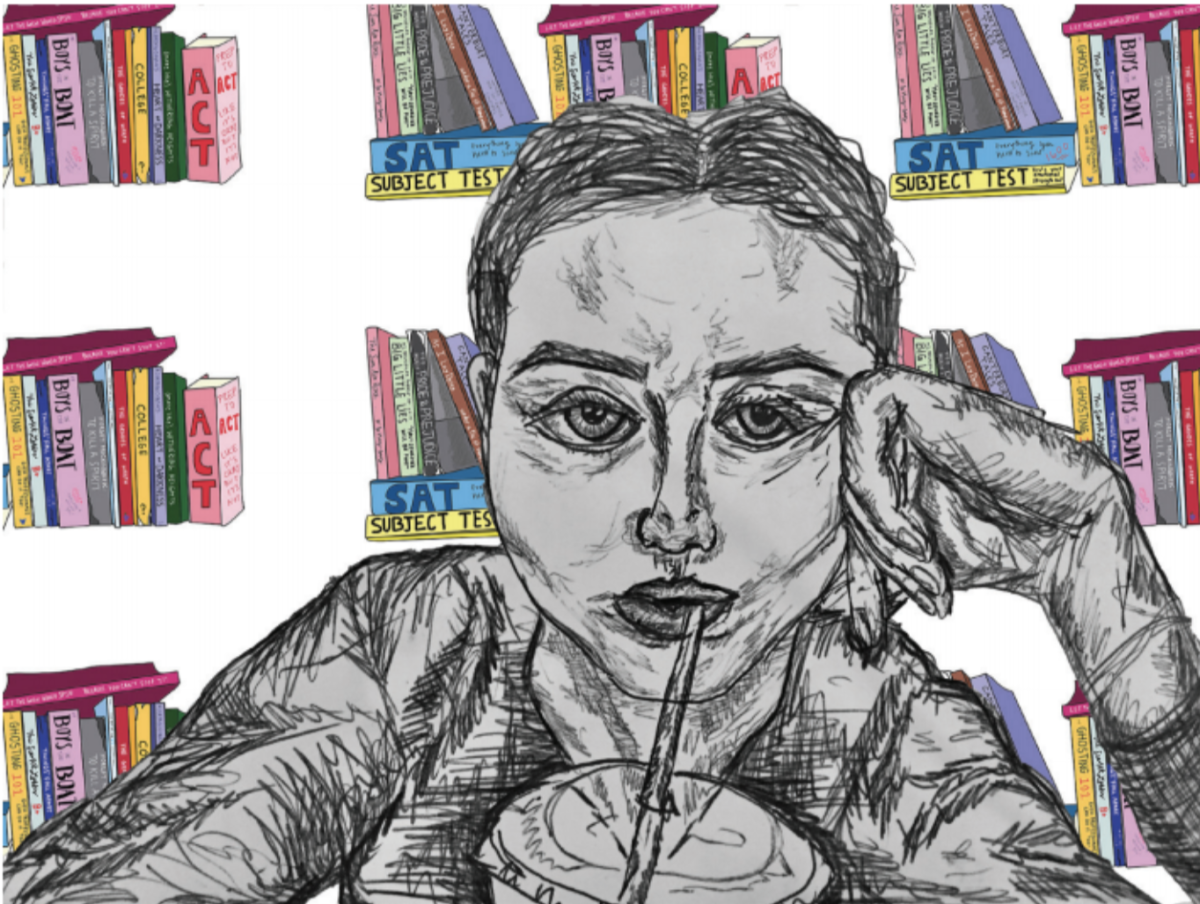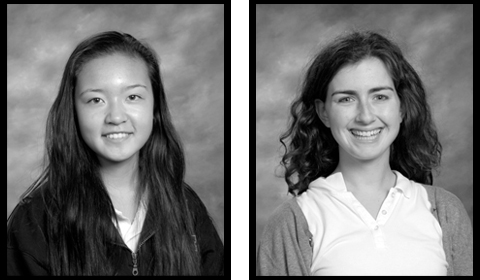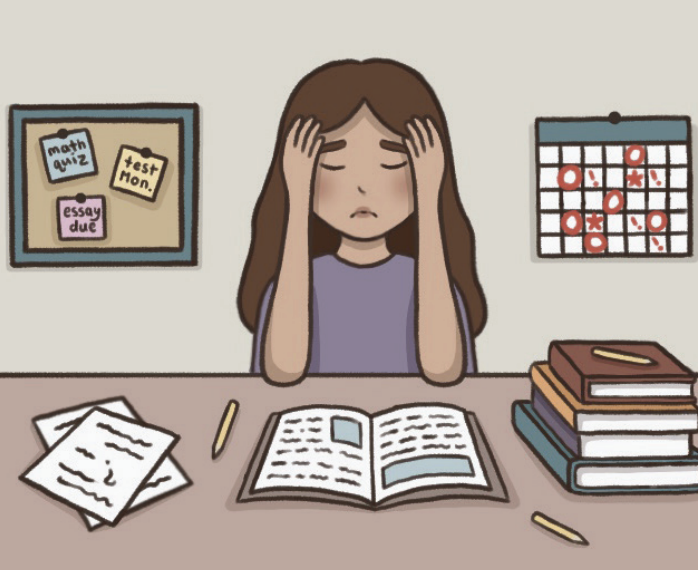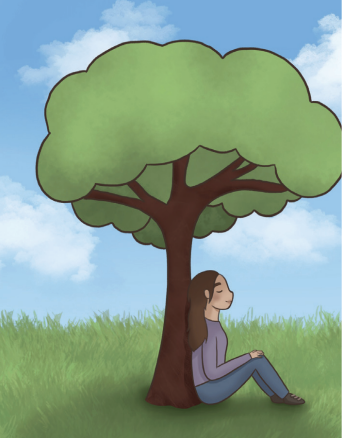By Sophia ’13
Everyone has a guilty pleasure. Some covet the frozen deliciousness of chocolate ice cream, while others crave the trashy glamor of gossip magazines. We’re willing to overlook the caloric punch of ice cream in exchange for its sweet comfort and readily ignore the fact that we’re probably losing brain cells by the minute as we flip through the glossy pages of Us Weekly. Whatever your guilty pleasure, the best approach is to stop feeling guilty and start taking pride in your begrudging enjoyment. So here it is: I love ice cream. And gossip magazines. And I am obsessed with reality TV.
Reality TV is not quality television, and it doesn’t provide any moral or educational benefit. But reality TV is incredibly entertaining and therefore has improved the lives of millions of viewers. When Kim and Khloe go at it in New York or Miami or wherever they are these days, I just can’t look away. Maybe it’s because watching full-grown adults behaving like self-indulgent preteens sends my self-esteem skyrocketing. In comparison to Kim and Khloe, I start to feel like a combination of Gandhi and Einstein.
I think there’s also a sense of reassurance in reality TV that attracts people. For a little while, we can escape our own weird, stupid, frustrating problems and submerge ourselves into someone else’s wacky world. It can be comforting to know that someone else out there has problems that are just as annoying and possibly even more irrational than our own. (Anyone else remember when Kim had a full-on pre-school meltdown over a lost earring?) In a way, reality TV reminds us that we are not alone.
As much as I love a good Jersey Shore catfight, my tastes also range to the slightly more refined facets of reality television. I am totally addicted to both Top Chef and Project Runway, and look forward to each new episode like it’s Christmas morning. The slicing and dicing, the fitting and hemming—I find the real-time drama incred- ibly enticing. On these kinds of shows, the contestants are truly talented and are put to the test in insane ways, by being forced to cook a five-star meal using only ingredients found at a gas station mini-mart (actually happened) or being asked to create an outfit entirely out of car parts (didn’t actually happen but should).
All in all, whether it’s the drama or the talent or the self-esteem boost, reality TV makes people happy. It makes people laugh, it makes people feel better about themselves, and it brings people together. No one can deny that reality TV is both incredibly entertaining and refreshingly comforting. And anyone who disagrees that mindless entertainment benefits us on the whole is either a liar or hasn’t seen Keeping Up With the Kardashians.






